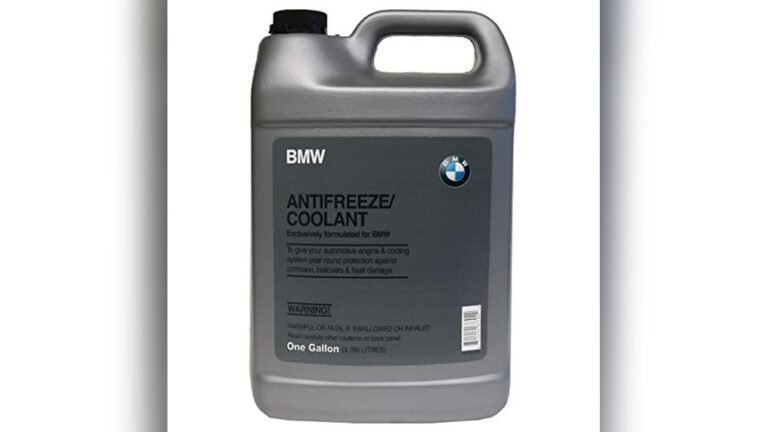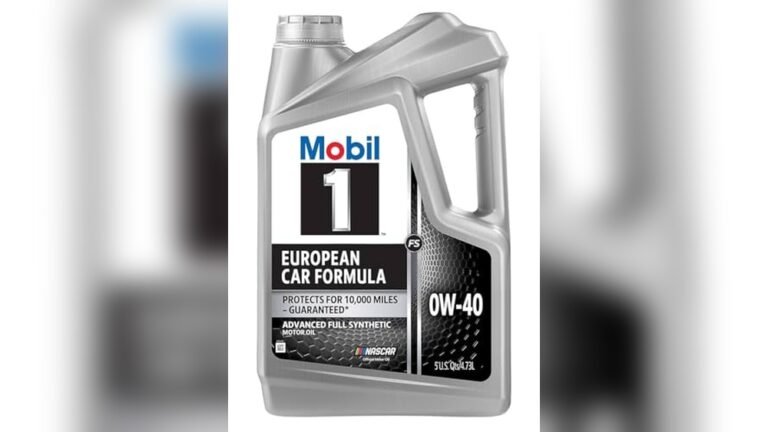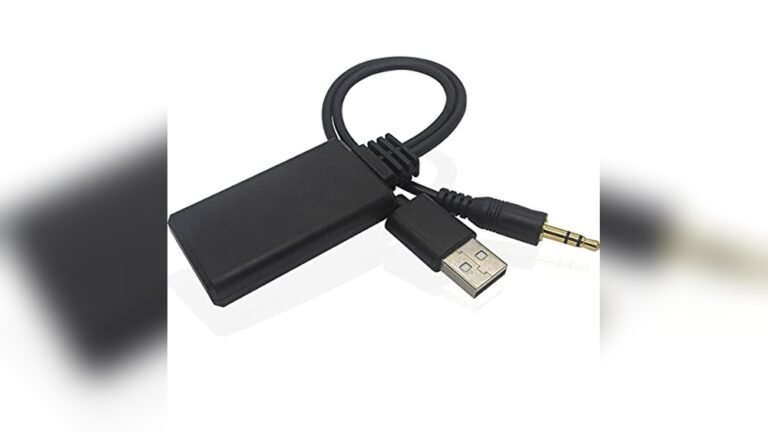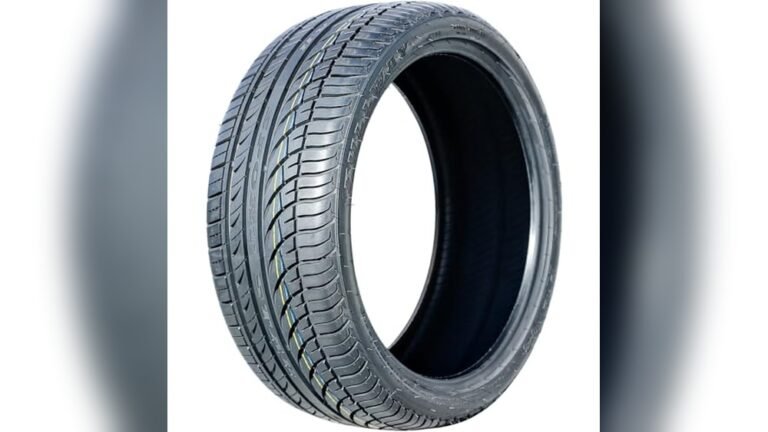The DME on a BMW is the Digital Motor Electronics, which serves as the brain of the engine, controlling various functions and ensuring optimal performance. The DME on a BMW, also known as the Digital Motor Electronics, is a crucial component that acts as the engine’s central control unit.
It plays a significant role in managing and regulating various aspects of the engine’s operation, including fuel injection, ignition timing, and emission control. Essentially, the DME acts as the brain behind the engine, constantly monitoring and adjusting parameters to ensure optimal performance while adhering to safety and efficiency standards.
With its advanced sensors and algorithms, it allows for precise and efficient engine management, ultimately enhancing the overall driving experience. Understanding the role and importance of the DME on a BMW can provide insight into the complexities of modern engine control systems.
Dme In The Bmw Ecosystem
The Dme (Digital Motor Electronics) is an essential component in the BMW ecosystem. It is responsible for engine management, ensuring optimal performance and efficiency. This advanced technology has evolved over the years, keeping up with the constant improvements in BMW models.
Dme plays a crucial role in engine management by monitoring various parameters such as fuel injection, ignition timing, and throttle valve position. It receives input from sensors located throughout the engine and adjusts the settings accordingly. This precise control allows for better fuel economy, smoother acceleration, and improved overall performance.
In BMW models, the evolution of Dme has seen advancements in both hardware and software. Early models featured basic Dme systems with limited functionality. However, with technological advancements, newer BMW models are equipped with more sophisticated Dme systems. These advanced systems utilize advanced algorithms and real-time data analysis to further optimize engine performance.
Diagnosing Bmw Dme Issues
Diagnosing BMW Dme (Digital Motor Electronics) issues is crucial for maintaining the optimal performance of your BMW vehicle. Common signs of Dme failure include engine misfires, stalling, reduced power, and issues with starting the car. To accurately identify and resolve these problems, you need to have the right tools at your disposal. Some of the essential tools for diagnosing Dme problems include diagnostic scanners, multimeters, and wiring diagrams. These tools help you to read fault codes, test sensors and actuators, and trace electrical circuits for any anomalies. If you’re facing Dme-related issues, you can follow a step-by-step guide on Dme troubleshooting. This includes checking the battery and connections, inspecting the fuses and relays, and conducting a thorough visual inspection for any damaged wiring. By following these steps and leveraging the right tools, you can effectively diagnose and resolve Dme issues in your BMW vehicle.
What Is The Dme On A Bmw Integration
What is the Dme on a Bmw Integration
The DME, or Digital Motor Electronics, is the engine control unit (ECU) in BMW vehicles. It controls various functions related to the engine’s performance and efficiency. The DME is an essential component that interacts with other vehicle systems to ensure smooth and optimized operation.
One of the primary roles of the DME is to communicate with other electronic modules in the car’s network. It establishes a connection with components like the transmission control unit (TCU), anti-lock braking system (ABS), and stability control system (DSC) to exchange information and coordinate their actions. This integration enhances the overall vehicle performance, as these systems work together seamlessly.
Moreover, the DME also plays a crucial role in maintaining safety on the road. It continuously monitors various engine parameters and sensors to detect any abnormalities or malfunctions. If an issue is detected, the DME can activate warning lights or even initiate safety measures like reducing engine power to prevent further damage.
Overall, the DME integration is fundamental for the efficient functioning of a BMW. It ensures optimal performance, reliability, and safety by interacting with other vehicle systems and regulating the engine’s behavior.
Replacing Or Repairing A Bmw Dme
When considering the DME (Digital Motor Electronics) on a BMW, there may come a time when you need to decide whether to repair or replace it. It is important to understand the factors that can influence your decision. One key consideration is when to consider repair over replacement.
Repairing the DME can be a cost-effective option, especially if the issue is minor and can be addressed without having to replace the entire unit. Additionally, repairing the DME may help maintain the original factory settings and programming, which can be advantageous for the overall performance of your BMW.
On the other hand, in some cases, the DME may be irreparable or the cost of repair may outweigh the benefits. Replacement may be necessary, and it is essential to be aware of the estimated costs associated with DME repair and replacement. This can vary depending on the specific model and year of your BMW.
| Service | Estimated Cost |
|---|---|
| DME Repair | Varies based on the issue |
| DME Replacement | Typically ranges from $500 to $1500 |
When seeking DME services, it is important to find a qualified technician with experience working on BMWs. Look for a technician or repair shop that specializes in BMWs or has extensive knowledge of DME systems. This ensures that the repair or replacement is done correctly and to the highest standard.
Enhancing Performance With Dme Tuning
The DME on a BMW plays a crucial role in enhancing performance by optimizing the engine’s functionality. Through DME tuning, BMW owners can experience improved power, fuel efficiency, and overall driving dynamics. Get the most out of your BMW with DME tuning.
When it comes to enhancing performance with Dme tuning, it is important to understand its potential as well as the risks and benefits associated with it. Dme tuning refers to modifying the Digital Motor Electronics (DME) system in a BMW car to improve its performance. Some of the potential benefits of Dme tuning include increased horsepower and torque, improved throttle response, and enhanced fuel efficiency. However, it’s crucial to be aware that Dme modifications may void the vehicle’s warranty and can impact its resale value. It’s important to weigh the potential risks and benefits before deciding on Dme tuning for your BMW. In case you’re considering this modification, consult with a qualified and experienced professional who understands the intricacies of the DME system to ensure optimal results.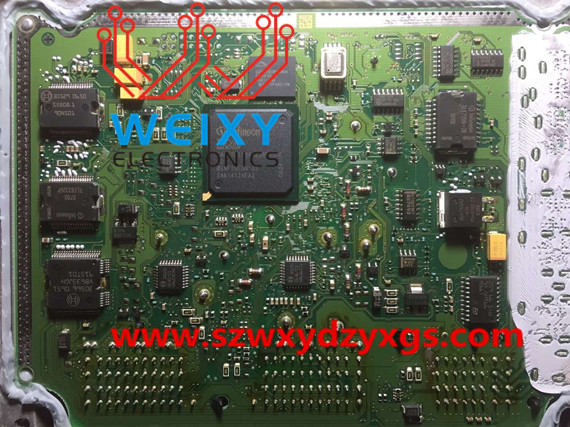
Credit: www.auto-chips.com
Dme Software Updates And Upgrades
Keeping the Dme software on your BMW updated is crucial for optimal performance and functionality. Regular software updates are an essential part of maintaining your vehicle, as they address bugs, improve efficiency, and introduce new features. It is important to keep up with the latest software updates provided by BMW to ensure that your Dme is operating at its best.
Updating the Dme firmware is a straightforward process. You can either visit a BMW dealership or use the BMW online portal to download the latest software update for your vehicle. It is recommended to refer to the manufacturer’s guidelines for step-by-step instructions on how to perform the update.
However, there can be challenges when dealing with software upgrades. It is possible that the update process may require technical knowledge or specific tools. In such cases, it is advisable to consult a professional BMW technician or a BMW service center to ensure a smooth update process.
By keeping your Dme software up to date, you can ensure that your BMW runs efficiently and is equipped with the latest features. Stay on top of software updates to get the most out of your BMW driving experience.
Dme Hacking And Security Concerns
DME, which stands for Digital Motor Electronics, is an integral component in modern BMW vehicles. This system controls and manages various aspects of the engine, such as fuel injection, ignition timing, and emissions. However, as vehicles become more technologically advanced, security concerns surrounding DME systems have emerged.
One potential security risk is the possibility of DME hacking. Hackers could exploit vulnerabilities in the DME system, gaining unauthorized access and potentially compromising the vehicle’s performance or safety. To combat this, manufacturers and cybersecurity experts are continually working to develop security measures to protect the DME system.
The future of cybersecurity for vehicle DMEs looks promising. Manufacturers are increasingly implementing robust security protocols, such as encrypted communication channels and intrusion detection systems. Additionally, regular software updates and patches help counter emerging threats.
In conclusion, as DME systems become more advanced, the need to address security concerns becomes paramount. With ongoing advancements in cybersecurity, the future looks promising in protecting the integrity and functionality of BMW’s DME systems.
Real-world Bmw Dme Case Studies
The DME, or Digital Motor Electronics system, plays a crucial role in the overall performance of a BMW vehicle. Real-world case studies have provided valuable insights into the complexities and common issues associated with BMW DME systems. These studies have highlighted the significance of successful DME repairs and the lessons learned from them. The advancements in DME technology have revolutionized BMW performance, offering enhanced efficiency and power.When it comes to BMW DME systems, one must be aware of the common complications that can arise. These issues often include sensor failures, software glitches, and wiring problems. In order to rectify these problems, it is essential to employ expert technicians who possess a deep understanding of DME diagnostics and repairs. By utilizing cutting-edge tools and techniques, these professionals can effectively address the concerns and restore the DME system to its optimal functioning.Moreover, it is important to keep up with the latest advancements in DME technology. BMW has made significant strides in this field, continuously innovating and improving their DME systems to deliver outstanding performance. By staying informed about these advances, BMW owners can benefit from increased reliability and performance gains.In conclusion, the DME system is a critical component of BMW vehicles and demands meticulous attention. By addressing common complications, learning from successful repairs, and embracing DME advancements, BMW owners can ensure their vehicles perform at their best.
Frequently Asked Questions On What Is The Dme On A Bmw
What Does Dme Stand For In A Bmw?
The DME on a BMW stands for Digital Motor Electronics. It is the engine management system responsible for controlling various aspects of the engine’s performance, including fuel injection, ignition timing, and emissions. The DME uses inputs from various sensors to optimize engine efficiency and power output.
How Does The Dme System Work In A Bmw?
The DME system in a BMW uses sophisticated software algorithms to constantly monitor and analyze data from sensors throughout the engine. It adjusts fuel injection, ignition timing, and other parameters in real-time to optimize engine performance. This ensures smooth running, improved fuel economy, and reduced emissions.
What Are The Benefits Of The Dme System In A Bmw?
The DME system in a BMW offers several benefits. It helps to improve engine performance, responsiveness, and fuel efficiency. The system also ensures smoother engine operation and reduces emissions. Additionally, the DME system enables advanced diagnostic capabilities, which make it easier to identify and resolve any potential issues with the engine.
Can The Dme System In A Bmw Be Reprogrammed Or Updated?
Yes, the DME system in a BMW can be reprogrammed or updated. This is often done by authorized technicians using specialized equipment and software. Reprogramming or updating the DME system can help to optimize engine performance, resolve any software-related issues, and even add new features or functionality to the vehicle.
Conclusion
To sum up, the DME on a BMW, or Digital Motor Electronics, plays a vital role in the vehicle’s operation. It manages and controls various aspects of the engine, ensuring optimal performance and efficiency. Understanding how the DME functions can help BMW owners troubleshoot and diagnose any issues that may arise.
Regular maintenance and proper care of the DME system are crucial to ensuring a smooth and reliable driving experience.



